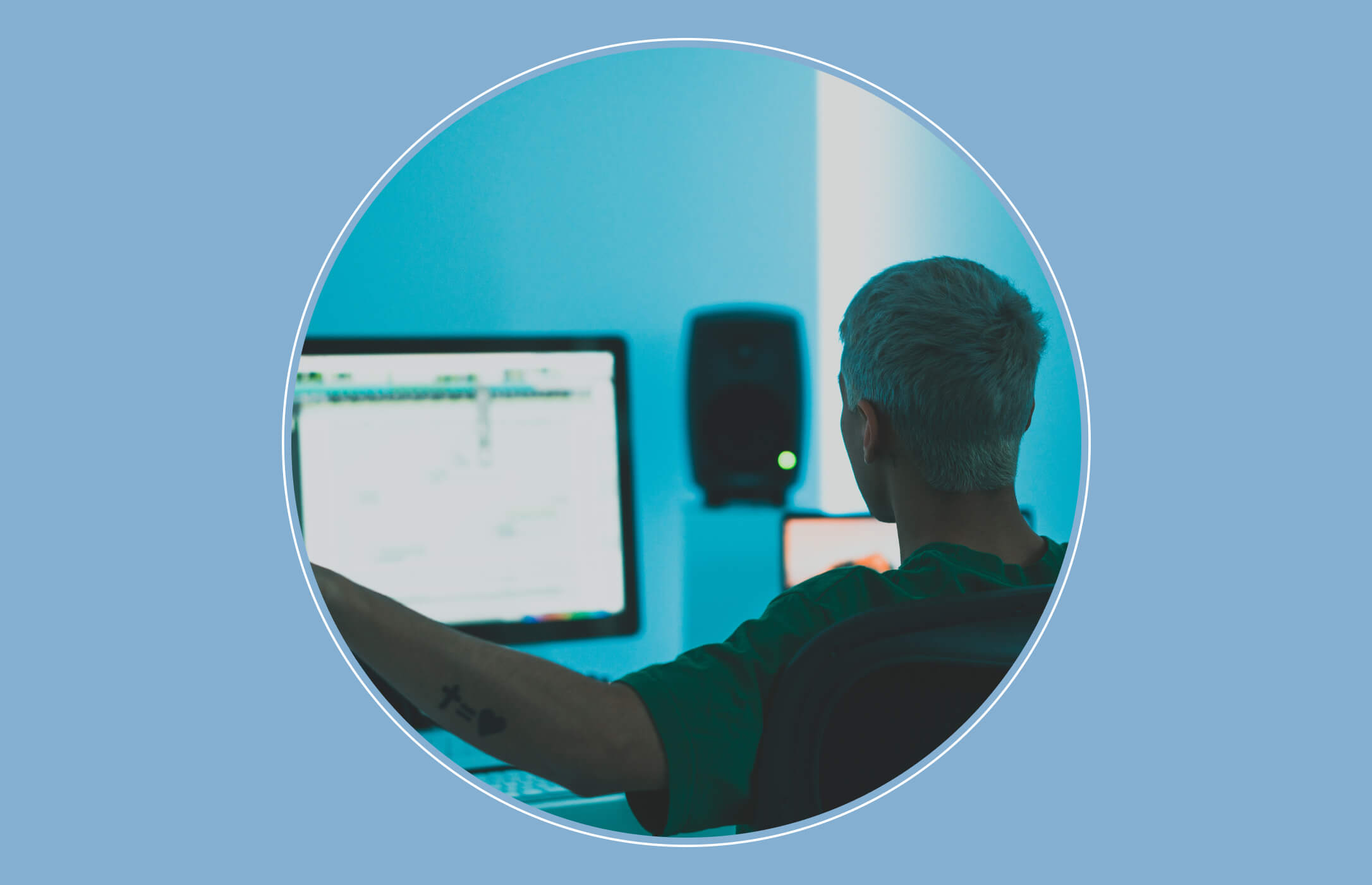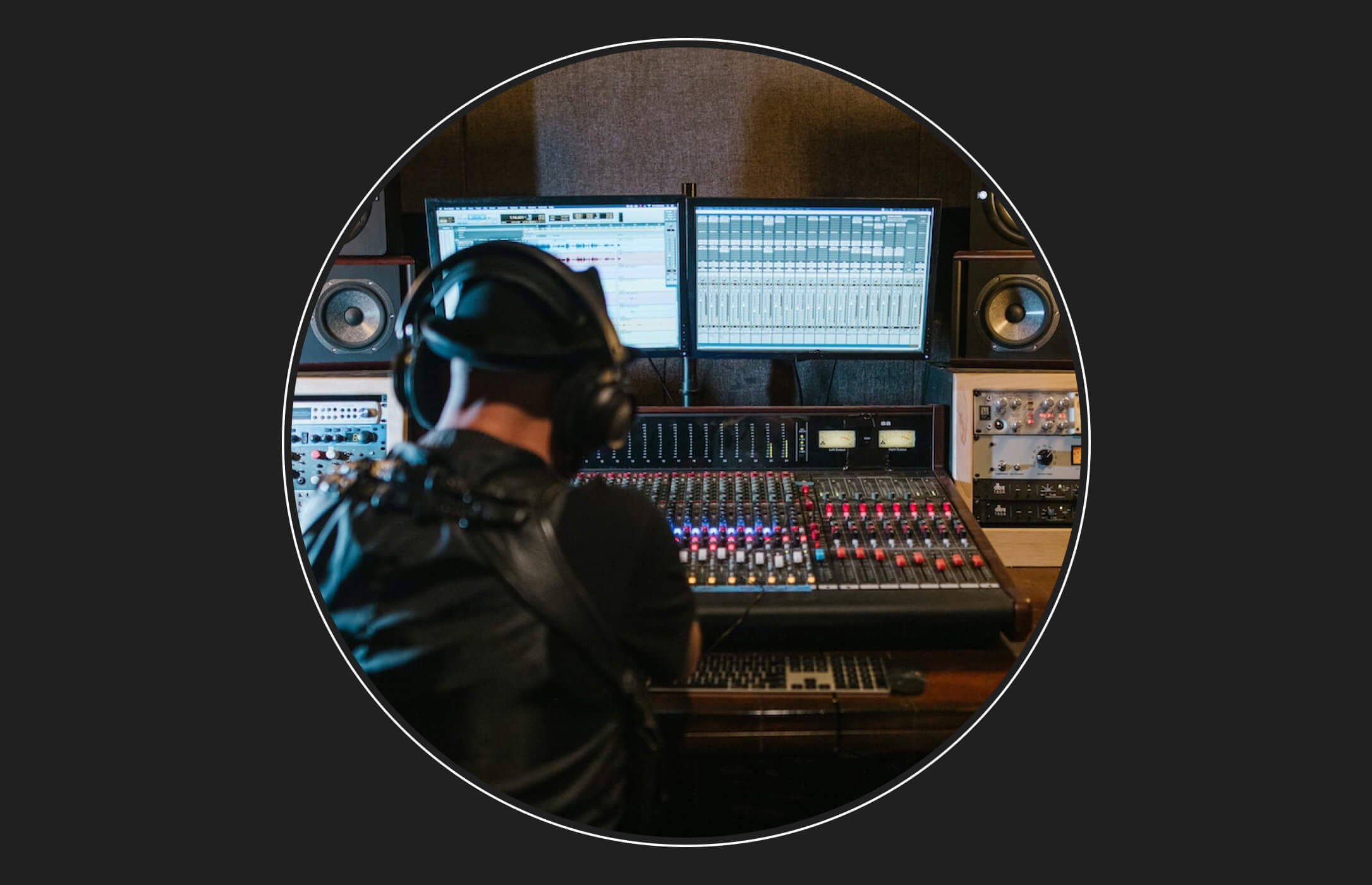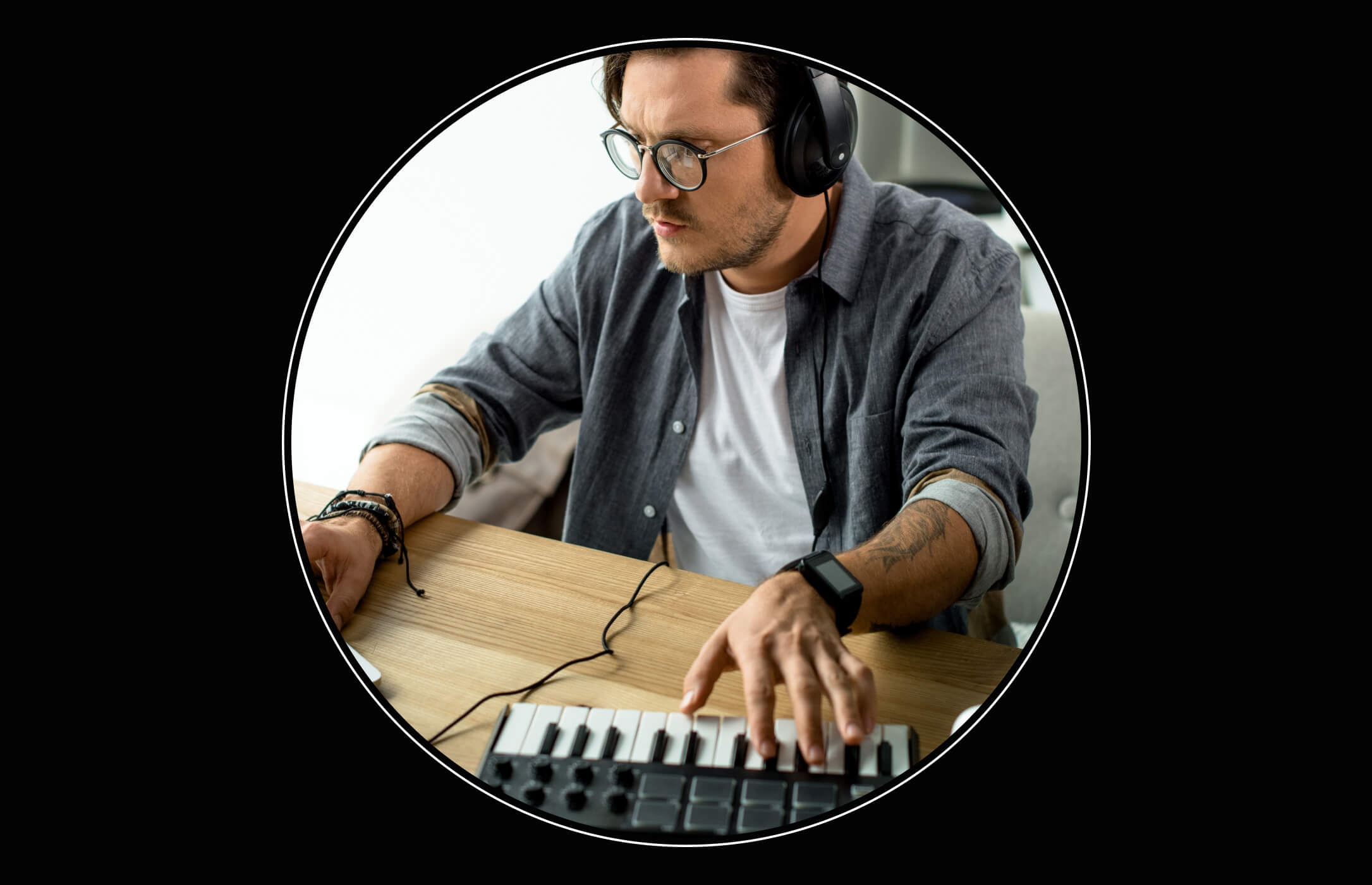Is Vinyl Still a Viable Format in 2021 for Musicians?
When I was asked to write about the subject of releasing vinyl and digital formats for the 2021 market, I initially thought “Wow, that’s a lot to unpack. Like, a whole lot to unpack. This could go a number of ways.”
After much thought I decided that the world doesn’t need another ‘Vinyl vs Digital’ article, regardless of where I stand on that argument. The Internet is swimming with blog posts about analog warmth, dynamic range, noise floor, media storage issues and the loudness war, so instead let’s look at this from a slightly different perspective.
If you’re a producer or musician who’s planning to release music in 2021 should you release digital formats or press to vinyl? The short answer is both, but with a few caveats.
Why Digital?
Without question if you’re going to release music in today’s market you should be mixing or having your music mixed with the purpose of uploading your completed works for streaming, digital sales, and downloads. Whether your goal is to sell exclusively through your website or perhaps Bandcamp or make your music available to major streaming services, the focus is extremely similar because all of those outlets are digital options. If your music isn’t available via at least one digital option, given the way we consume all forms of media in our current society you’re likely to be shooting your musical career in the foot.
You’re probably saying to yourself “yeah dude, we already know that.”
Great.
What’s your fan base like?
Now the next thing to consider is what level of traction you’re getting with your sales.
What I mean is are you brand new to the music game? Maybe you just hit 2 million streams on Spotify? Perhaps you’re already selling physicals (records, cds, tapes) via your website or through a form of distribution to physical stores? Before moving forward with pressing your music to vinyl you’ll need to decide if it’s a smart move for you and your music to do so.
If you don’t have a large enough fan or follower base who’s already actively buying and listening to your music, then shelling out the upfront capital to press a run of records could turn out to be a large financial gamble. Add in the spread of the pandemic’s effect on live events, as well as brick and mortar stores, and that large gamble might as well be the Mariana Trench.
There are some options for record pressing that gather the orders (including payment) prior to actually pressing the records. While that can save you some money on the front end, you’ll still need a demand from your fan base. The key here is you need someone out in the world who is going to buy or acquire your product, because otherwise why put energy and money towards it.
I’m not saying you should only make music to make money: I’m saying don’t put time into all the steps that go into having your music pressed onto vinyl unless you know people are out there who’ll buy it. If you just want to make a bunch of tunes to share with the world then do that via SoundCloud or BandCamp, for example. They cost you nothing.
Talk Vinyl to Me, Baby
Now, if you’re already an established artist who has the traction but you think digital sales are all you need, I respectfully disagree.
The reason I support artists pressing their music to vinyl is a psychological one. As a musician you want to make a connection with fans. Most of us make music with a certain feeling in mind. That could be anything from what we were feeling the day of recording to a past memory brought up by the key of the song. The birth of a child, a lost love, or some jerk who cut you off in traffic on the way to the studio all play into the feeling of a song.
Fans who make a connection will be able to feel that in some way via the music. Some fans will be instantly connected from the first time they hear your music and will follow you forever, but unfortunately that is not the case for most fans.
In the very fast-paced consumption that is today’s world you need to build a lasting connection. That’s where vinyl comes in. A person who has heard your music and truly felt the particular emotion will continue to revisit or relive that emotion every time they listen to your music. This connection can be made stronger through a material item: in this case, the material item is your record.
If you’ve ever gone to see a band and had a conversation with them after the show at the merch table, you made a connection that is tied to the memory of that interaction, and quite possibly the entire evening. When a fan pulls your vinyl out of the sleeve, places it on the turntable, puts the needle into the groove, presses play and sits back to listen, they are transported back to the emotional moment they first heard that song. If that moment was a positive one, regardless of what emotion the song springs forth, the human brain will want to continue to revisit that feeling over and over again.
Is It Tangible?
In the world of TikTok, Covid-19, Apple Music, BeatStars, YouTube and everything in between, it is easy to become part of the static that is the ever-fluctuating digital market. Now more than ever it is important to make that meaningful connection with your fans and supporters.
A physical representation of your music is certainly not the only tool to make such a connection, but it always has been and will always continue to be a unique one. While CD’s and tapes are also material items you could consider for physical merchandise, the vinyl record has outlasted both and shows no real sign of going away.
Audiophiles will go on and on about the warmth and fidelity music on vinyl presents to the listener, which is definitely a factor in why record manufacturing has seen a rise in production in recent years. However, in my opinion the one thing that keeps people coming back is that a record is something tangible. You simply can’t hold a wav or mp3 file in your hands.
So, if your music has a following you feel is large enough to support the production of vinyl then personally, I say go for it.
Written by Matthew Borland an audio engineer, music producer, and the owner of Natural Selektion Labs.



